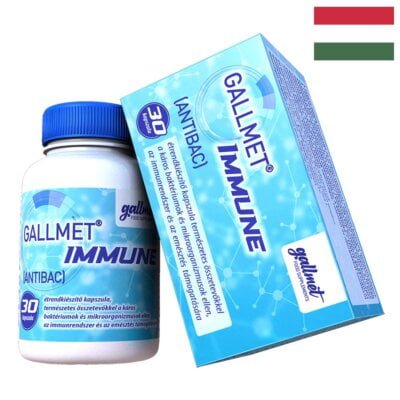Sepsa Gram-ujemna: dylemat współczesnej medycyny

Download - PDF
Introduction
Gram-negative sepsis, a relatively rare clinical diagnosis only a few decades ago, is perhaps the most important infectious disease problem in hospitals today. Despite recent advances in our understanding of the pathophysiological mechanisms of sepsis and improved antimicrobial therapy, the mortality rate from gram-negative sepsis remains frustratingly high, particularly after the onset of shock. Unfortunately, many of the therapeutic methods proposed over the years for the management of sepsis and its complications have either failed to meet their initial expectations or remain unproved, despite many anecdotal reports. Recently, however, the development of new monoclonal antibodybased treatments, together with earlier recognition of and intervention in the pathogenetic process, has raised the hope that a significant reduction in deaths from gram-negative sepsis can be achieved. This article reviews the epidemiology, diagnosis, and current management of gram-negative sepsis and examines the therapeutic potentials of new treatment modalities being developed.
Source: Source: https://pubmed.ncbi.nlm.nih.gov/8457980/
Az oldal nyomtatásához kattintson az ikonra: [print-me]










